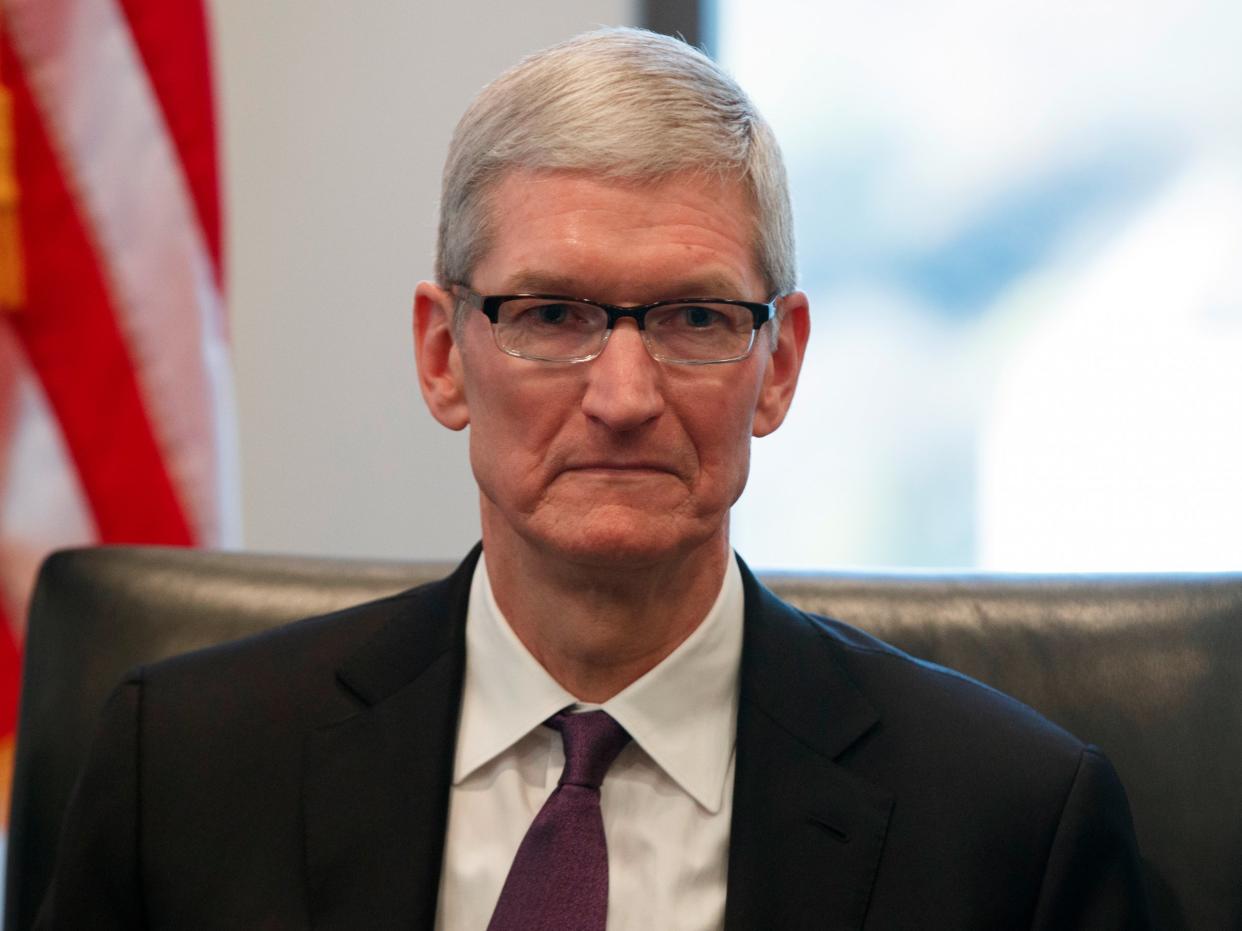Apple is suing one of its most important suppliers

AP
Apple is suing Qualcomm, Bloomberg reported on Friday.
Apple buys wireless chips from Qualcomm and also pays it licenses to use its wireless patents.
Apple is accusing Qualcomm of withholding $1 billion in rebates under a deal they had struck to keep Qualcomm modems in Apple products, including the iPhone and iPad.
Earlier this week, the FTC accused Qualcomm of monopolistic practices, and directly cited its relationship with Apple.
Apple said that Qualcomm charges Apple “at least five times more in” royalty payments than all of Apple’s other patent licensors combined in a statement provided to CNBC:
“For many years Qualcomm has unfairly insisted on charging royalties for technologies they have nothing to do with. The more Apple innovates with unique features such as TouchID, advanced displays, and cameras, to name just a few, the more money Qualcomm collects for no reason and the more expensive it becomes for Apple to fund these innovations. Qualcomm built its business on older, legacy, standards but reinforces its dominance through exclusionary tactics and excessive royalties. Despite being just one of over a dozen companies who contributed to basic cellular standards, Qualcomm insists on charging Apple at least five times more in payments than all the other cellular patent licensors we have agreements with combined.
To protect this business scheme Qualcomm has taken increasingly radical steps, most recently withholding nearly $1B in payments from Apple as retaliation for responding truthfully to law enforcement agencies investigating them.
Apple believes deeply in innovation and we have always been willing to pay fair and reasonable rates for patents we use. We are extremely disappointed in the way Qualcomm is conducting its business with us and unfortunately after years of disagreement over what constitutes a fair and reasonable royalty we have no choice left but to turn to the courts.”
Developing…
The post Apple is suing one of its most important suppliers appeared first on Business Insider.



